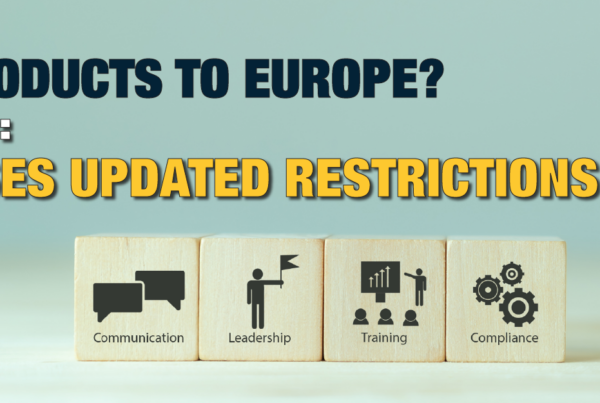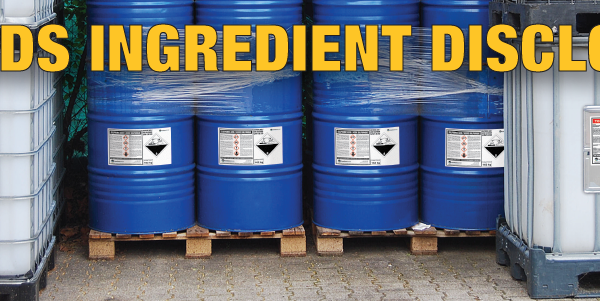Remember eating alphabet soup as a child? Remember playing with the noodle letters to make more words than your friends or siblings? Remember when the letters would not cooperate and random letters were floating in your bowl? Remember trying to use abbreviations and acronyms to make those random letters work? Oh, the frustration! Working on Safety Data Sheet (SDS) documents in the European Union (EU) can often feel like some of those memories.
ICC Compliance Center is here to help and possibly give some new ways to win in your next competition.
EU – Directives and Regulations
As a reminder, the EU governs hazard communication in two ways – by directives and regulations. Directives mean all member states are required to implement their version of the directive within their state. Regulations, however, mean complete implementation in all member states without the need for or allowance of versions in each state.
Current directives and regulations
As of February 2015, there are multiple active directives and regulations at work in the EU. The oldest is the Dangerous Substances Directive (67/548/EEC) or the DSD and the Dangerous Preparations Directive (1999/45/EC) which is the DPD. This is followed by the Registration, Evaluation, Authorization and Restriction of Chemical Substances Regulation more commonly known as REACH (EC1907/2006). Finally, there is the Regulation on Classifying, Labeling and Packaging of Substances and Mixtures (1272/2008/EU) or in the shortened form the CLP. It should be mentioned that the CLP will amend and repeal the DSD and DPD as of June 1, 2015.
So, not only are there multiple “laws”, each one of them must be applied to your SDS documents if you want to do business in the EU. Now, where does ICC Compliance Center fit in all of this? The easy answer is now you have some new abbreviations to use in your next alphabet soup competition. The better answer is ICC Compliance Center can help with managing all of those directives, regulations and classifications on your documents. If a completed minimal information sheet with full disclosure of all the ingredients is given to us along with an SDS for each raw material, then we can create a compliant English European SDS.
We can provide:
- General European classification
- UK classification
- Ground, Sea and Air transport classifications
- Information research/content creation
- Exposure limits for individual countries which are actually a general EU requirement
- GHS Classification and Labeling Elements
- Proper SDS formatting per Annex 4 which requires the dual classification under DSD/DPD and CLP
Once you have this SDS, you are on your way to working within the EU. On a side note, if you sell into other countries or need to provide an SDS in a local language for elsewhere in the EU, take a look into our SDS translation services.
Now, go open a can of soup and challenge someone to a game. My bet is on you for the winner!
Save





 ICC USA
ICC USA ICC Canada
ICC Canada